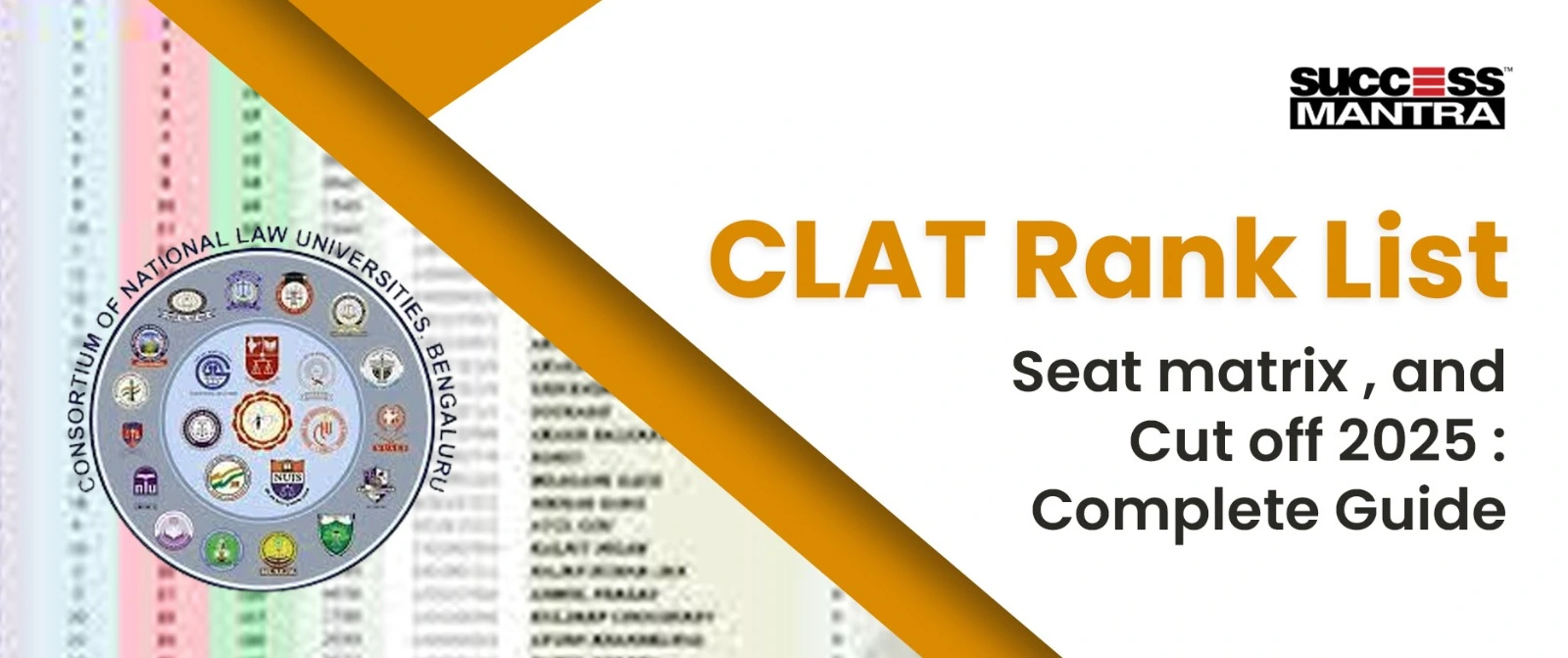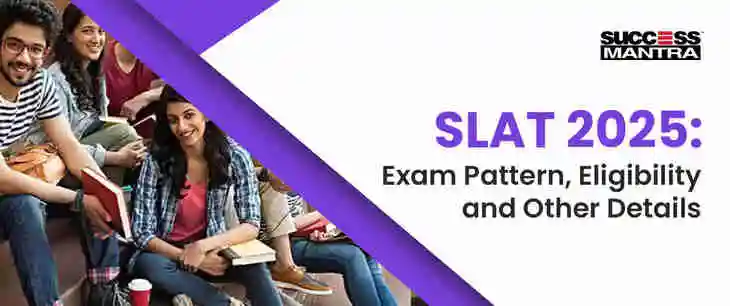How to Prepare and Score more in Legal Aptitude
How to Prepare and Score more in Legal Aptitude | Important Books to consult |
Legal Aptitude is most ferocious section of CLAT Paper which students aspire to tame easily. But for a student of Class XII, legal aptitude is just like a law subject and they are always fearful of these questions. This section comprises 25 % of the whole paper and plays a key role to your selection. The score in legal aptitude section is not only important for selection, but it is also important for rank. As we all know that if 2 students are of equal marks, then the student with better score in legal aptitude section will be ranked first.
Rest of the sections ask you questions which are supposedly aptitude which you have already learnt or you do have an idea. But Legal Aptitude is a section which needs all together a different approach. Your efforts and planning to ace this section plays a key role to the scoring part too.
How to Prepare and Score well :
A through preparation of 6 months is required if are a class XII student and are willing to ace this section. You need to have a Text Book comprising the Topics which can be asked in different format.
- The first step is to learn the concept.
- One liner questions can give you the clarity about your understanding of the topics.
- Once a complete part is covered, you can jump into solving questions from different practice books as well as past papers.
- Doubt clearance is very much required in order to learn the topic completely. If you don’t clear your doubts, it does mean that you have restricted yourself to what you knew in past. Improvement is missing if you don’t clarify your doubts.
- We have come up with a detailed analysis of the syllabus of Legal Aptitude Section of CLAT & AILET 2019. Answers will not elude you if you ace the below mentioned topics well in advance:
|
List of Topics |
|
Introduction to Legal Aptitude |
|
Attempt |
|
General Exercise |
|
Abetment |
|
Criminal Conspiracy |
|
Sedition |
|
Offences against Human Life |
|
Offences relating to marriage |
|
Theft, extortion, Robbery, Dacoity, & Cheating |
|
Criminal Breach of trust |
|
Offences relating to Documents |
|
Legal reasoning |
|
Indian Contract Act, 1872 |
|
Offer and acceptance |
|
Consideration |
|
Void Agreement |
|
Void Contract |
|
Voidable contract |
|
Capacity of parties |
|
Free Consent |
|
Quasi Contracts |
|
Remedies for Breach of Contract |
|
Bailment |
|
Agency |
|
The INDIAN partnership Act, 1932 |
|
Introduction to law of TORTS |
|
General Defences |
|
Vicarious Liability |
|
Vicarious Liability of the state |
|
Strict Liability & Absolute Liability |
|
TORTS in relation to persons |
|
Negligence |
|
Nuisance |
|
Defamation |
|
Trespass to goods and conversion |
|
Liability of owner for dangerous Premises |
|
Nervous Shock |
|
Legal miscellaneous |
A few Sample Questions (Just for Practice Purpose) :
1. Assertion: An attempt to a crime is not an offence unless the offence is punishable with
imprisonment.
Reason: The four stages of crime and not all of them are punishable.
Chose the best answer:
a) Both A and R are individually true and R is the correct explanation to A
b) Both A and R are individually true and R isn’t the correct explanation to A
c) A is true but R is False.
d) A is false but R is true
2. Assertion: Any person who has received any unjust benefit she must return it to the rightful
owner.
Reason: The person getting unjustly enriched will be liable for theft.
Chose the best answer:
a) Both A and R are individually true and R is the correct explanation to A
b) Both A and R are individually true and R isn’t the correct explanation to A
c) A is true but R is False.
d) A is false but R is true
3. Principle:: A minor is not competent that enter into a contract and the law will assume the
contract never happened and everything is returned to where it was.
Facts: Rahul, a minor misrepresents his age to enter into a contract with Raj, a seller of bicycles, to
purchase the bicycle. After the bicycle is delivered to the minor, he refuses to pay the sale price for the same, contending the non-existence of a legally binding contract. Question: Is the contract entered by Rahul a valid contract?
a) The contract is valid because in this case, the minor has knowingly misrepresented his age in
order to enter into the contract.
b) The contract is not valid because the buyer is a minor and the seller will get nothing
c) The contract is not valid because the buyer is not competent to contract.
d) None of the above.
4. Principle:: Confession made should be free and voluntary.
Facts: Sujeet wanted to give an expensive gift to his girl friend on her birthday. But he did not have the enough money. So he snatched a gold chain from an old lady. Police arrested Sujeet on suspicion and in the lock up the investigating officer told him that if he would admit his guilt he shall be set free. Sujeet confesses his guilt in the court.
a) Sujeet shall be released as he admitted his guilt
b) Court will set him free because of his truthfulness
c) Sujeet shall not be free as officer has promised him release but that’s not possible.
d) Sujeet shall not be punished merely on the basis of this statement.
5. Principle: The object of a treaty to impose mutual binding obligations on the states who are parties to it.
Explanation: A treaty is a contract between two or more state parties.
Facts: India and Pakistan entered into a treaty to settle the Kashmir dispute by peaceful means and bilateral negotiation in 1972. Both states had also denied third party intervention even
that of united nation in the treaty. After three years of treaty, the conservative party in the Pakistan won the election with full majority and formed the government at the centre. Mr. Liyaqat
Ali was sworn in as the Prime Minister. He refused to be bound by the terms of treaty of 1972 as it is against the wishes of people of Pakistan who consider Kashmir as integral part of
their country. Now, He wants UNO to intervene in the resolution of Kashmir dispute. Can he do that?
(a) He can refuse to be bound by the treaty of 1972 as it is against the ideology of his political party.
(b) Being prime minister of his country, He can ask UNO to intervene into the matter for the resolution of Kashmir dispute.
(c) He will be bound by the terms of treaty of 1972 as it was entered into by democratically elected head of India and Pakistan.
(d) None of the above.
(Consult Success Mantra GTB Nagar Faculty Team for answers and explanations or visit our Blog Section for more practice questions with answers).
Books needed to be consulted :
- 4 Sets of Books from Success Mantra (GTB Nagar)
- Classroom Notes of Success Mantra (GTB Nagar)
- Previous Year Solved Papers
- A authentic book on Legal Aptitude either from Universal or Arihant Publication
Note: While refering outside books, you have to be careful as many of the questions may be misleading if you don't have a mentor.
Key Tips :
While attempting questions based upon Principle(s) and Fact(s), you might come across a situation in which you would think of more than one option is correct. While attempting Mocks or solving previous year papers, you will face this situation. The simple answer to this question is what is directly inferred by the principle. The moment you apply logics and try to think more, you get trapped. Before you attempt the questions from this section, it is also mentioned that NO prior knowledge of law is required to answer. But familiarity of the situations and ample practice before writing the real CLAT and AILET, gives you the edge. You will be doing good in this section if you are ready for surprises and uncertanities.
So, this section is a set of questions which are really tricky. Trying to replicate your present legal knowledge will only defy you. Ideal way to attempt these questions would to follow the principle, blindly and forget the all other information which you know.
















Aditi Tiwari
I really like this post.
Kamal
Thanks for sharing with us!, This is a good post.